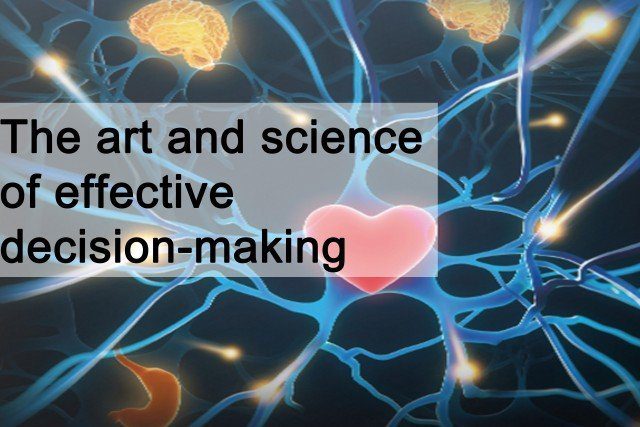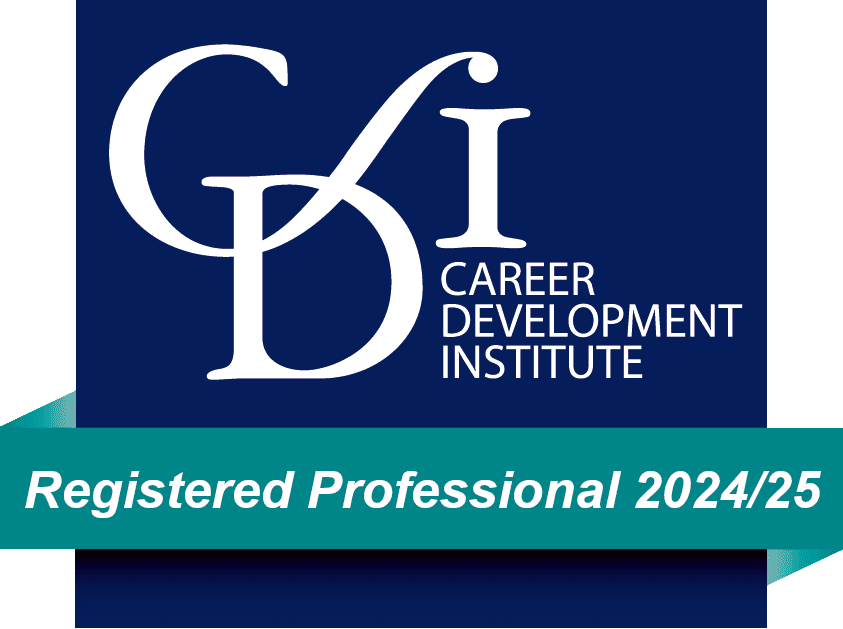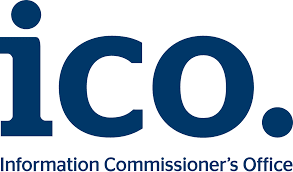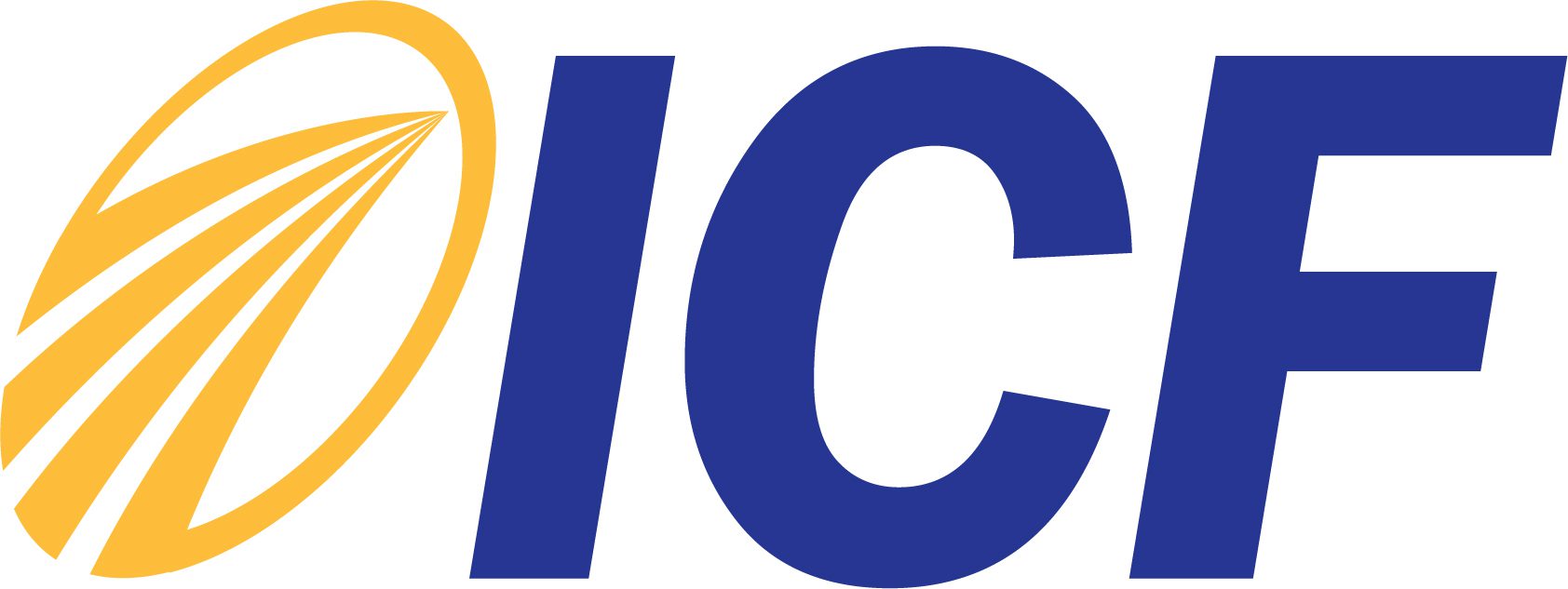When was the last time you made a decision that you knew, deep down, was the wrong thing to do? We’ve all done it, haven’t we? We’ve all got a story to share about a purchasing decision that turned out to be a big mistake, a relationship that shouldn’t have been entered into or a career move that made you miserable. What’s your story? And what if you could make wiser choices in the future?
The logical next step
Over the last few hundred years, the world has had an obsession with head based rational thinking. As a culture, we have learned to believe that rationality should prevail over traditional heart focused and intuitive gut based ways of knowing when we’re making our decisions.
You will have, at times, experienced conflict between your thoughts, feelings and actions. You know something isn’t quite right, yet all the rational data points to a certain option. ‘It was the logical next step’ is something I’ve heard time and time again from people questioning their past decisions, admitting their failure to recognise emotion as real information.
Too often, we ignore the small, quiet voice deep inside us or the simple sense of uneasiness we feel about a situation. If we can’t explain something, we tend to overlook it. After all, how can we confidently act on nothing more than a felt-sense when we are not fully aware of the underlying reasons for its occurrence?
But, what if that logical next step isn’t the wisest choice for you?
The wisdom within
Understanding how you use your head, heart and gut intelligences to either limit yourself or empower yourself is crucial to your career success (and success and happiness in every other aspect of your life too!)
Throughout the world, more and more people are realising the importance of intuition in their career choices and leadership decisions. Research into the executive job search suggests that 35% of senior level candidates elected not to accept a position they were offered because it simply ‘did not feel right’.
In Japan, senior executives reference decisions made with haragei (which can be translated as the ‘art of the stomach’) as equally valid as logic and bottom line accounting methods.
It’s evident that many people do have an awareness that feelings of incongruence within us occur in response to our environment, with a sense that these feelings are providing information about the options we have available to us. But, how can we convince our own logical minds of the value of that deep sense of ‘knowing’ we all feel yet, rarely understand?
The science of effective decision-making
Over the last decade or so, advances in the field of Neuroscience have uncovered some intriguing findings:
The art of effective decision-making relies on tapping into intuitive heart-felt and gut-based ways of knowing.
You have a complex intrinsic and functional neural network in both your heart and your gut – sufficiently sophisticated to qualify as an intelligent ‘brain’ in its own right – which can process information, learn, remember, feel and sense.
What this means is that you have three separate intelligence centres operating within you! Each has their own domain of expertise with a different way of operating, processing the world and communicating. Findings indicate that for each of these three neural networks, there are three distinct prime functions:
- Heart – Processing emotions, values, relational affect
- Gut – Mobilisation, core identity and self-preservation
- Head – Cognitive perception, thinking and making meaning
Effective, wise decision-making requires that you use all of the intelligence available to you – going well beyond that of just your ‘head brain’.
Think of a complex decision you have made that, with hindsight, turned out to be a poor decision. Which of your intelligences were involved in making that decision? Which did you not listen to?
Now, contrast that with a successful decision. This time, did you go with your head, heart or gut? Was there a consensus between all three?
What was the difference between your decision-making processes for the two situations?
When your three intelligence centres are aligned and coherent, you operate at your most confident and effective. But when they are misaligned, your decisions and judgement can become impaired.
Misalignment can occur all too easily, as Grant Soosalu and Marvin Oka highlight in their book mBraining. We may use one intelligence to the exclusion of others; one may be doing the job of, or overriding, another; or our intelligence centres may be in conflict with each other. Therefore, it becomes necessary to increase your intuitive abilities to make wiser choices in your life.
This is the power of mBIT.
mBIT (multiple Brain Integration Techniques) is strongly based on valid science and informed by thousands of years of insightful esoteric wisdom. It is a powerful and deeply insightful new field that advances the fields of NLP and Personal Development.
What does this mean for you? I’m glad you asked… for you, this means increased levels of emergent wisdom in your decision-making, resulting in greater success and happiness in a world of massive change. In your career choices, this can be seen as confidently making decisions that are aligned with your authentic self.
What’s more, is that these Neuroscience findings give scientific credence to the growing body of leadership literature demonstrating how the world’s best companies are led by ‘whole leaders’ who can tune into their innate multiple intelligences; their head, heart and gut. Are you be that kind of a leader? Could you be?
Executive coaching incorporating mBIT will provide you with clear techniques to harness and align the intelligence of all of your multiple brains to make wiser choices from a place of coherence. If you would like to have a discussion about the power of mBIT with a certified mBIT coach, please contact us at [email protected] or call +44 (0) 203 384 4188.
For more detail on the science behind using your multiple brains, check out Soosalu and Oka’s groundbreaking book: mBraining.











